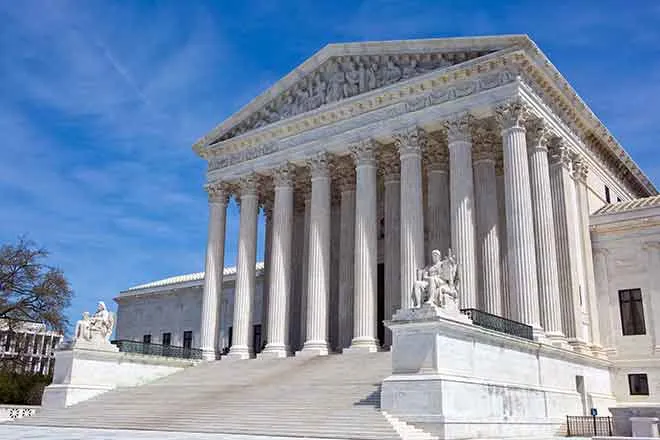
Wyoming’s low-wage workers fall further behind bosses in pay gap
Click play to listen to this article.
As Wyomingites prepare to celebrate Labor Day, a new report showed just how far workers have fallen behind bosses when it comes to their share of company earnings.
CEOs at the largest 100 low-wage corporations listed in the S&P 500, businesses like Home Depot, Starbucks, Walmart and others, earn 632 times more than their lowest-paid workers on average.
Sarah Anderson, Global Economy Project director at the Institute for Policy Studies and the report's lead author, said CEO pay has soared since 2019, while worker pay has lagged behind U.S. inflation.

"At a time when many American workers are struggling with high costs for things like groceries and housing, what we found is that the nation’s 100 largest low-wage employers are focused on making their overpaid CEOs even richer," Anderson reported.
Average CEO compensation at low-wage companies was more than $17 million in 2024. The average median pay for workers was less than $36,000. Corporate leaders have long dismissed concerns about pay disparities, arguing it is the free market at work. Companies have to compete for executive talent with other firms offering handsome compensation packages.
Anderson disagreed with the so-called "great man theory," a perspective which suggests the person in the corner office is almost single-handedly responsible for the value of a company. She argued such justification for skyrocketing executive pay was turned on its head during the COVID public health emergency.
"It was low-wage, front line workers who really kept our economy going," Anderson contended. "Everyone contributes to the value of a company. It is not healthy to have one person making hundreds if not thousands of times more than ordinary employees make."
One of the report’s recommendations is to raise taxes on firms that pay CEOs 50 to 100 times more than the average worker. Anderson pointed out companies with reasonable executive salaries would not pay an extra dime in taxes. She noted some cities and states are already doing it to encourage companies to narrow pay gaps.
"By either bringing down CEO pay, or lifting up worker pay, or both," Anderson outlined. "If they refuse to do that, then they’ll pay a bit extra, and we can use that money to help reduce inequality."















